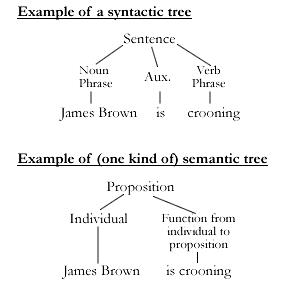
Cargando...
Que podo facer?
226353 materialEducativo
textoFiltroFichatipo de documento Artigo de Wikipedia DbpediaThing
Sobre este recurso...

Contido exclusivo para membros de

Mira un ejemplo de lo que te pierdes
Categorías:
Etiquetas:
Fecha publicación: 6.9.2014
Queres comentar? Rexístrate ou inicia sesión
Engadir a Didactalia Arrastra el botón a la barra de marcadores del navegador y comparte tus contenidos preferidos. Más info...
Comentar
0